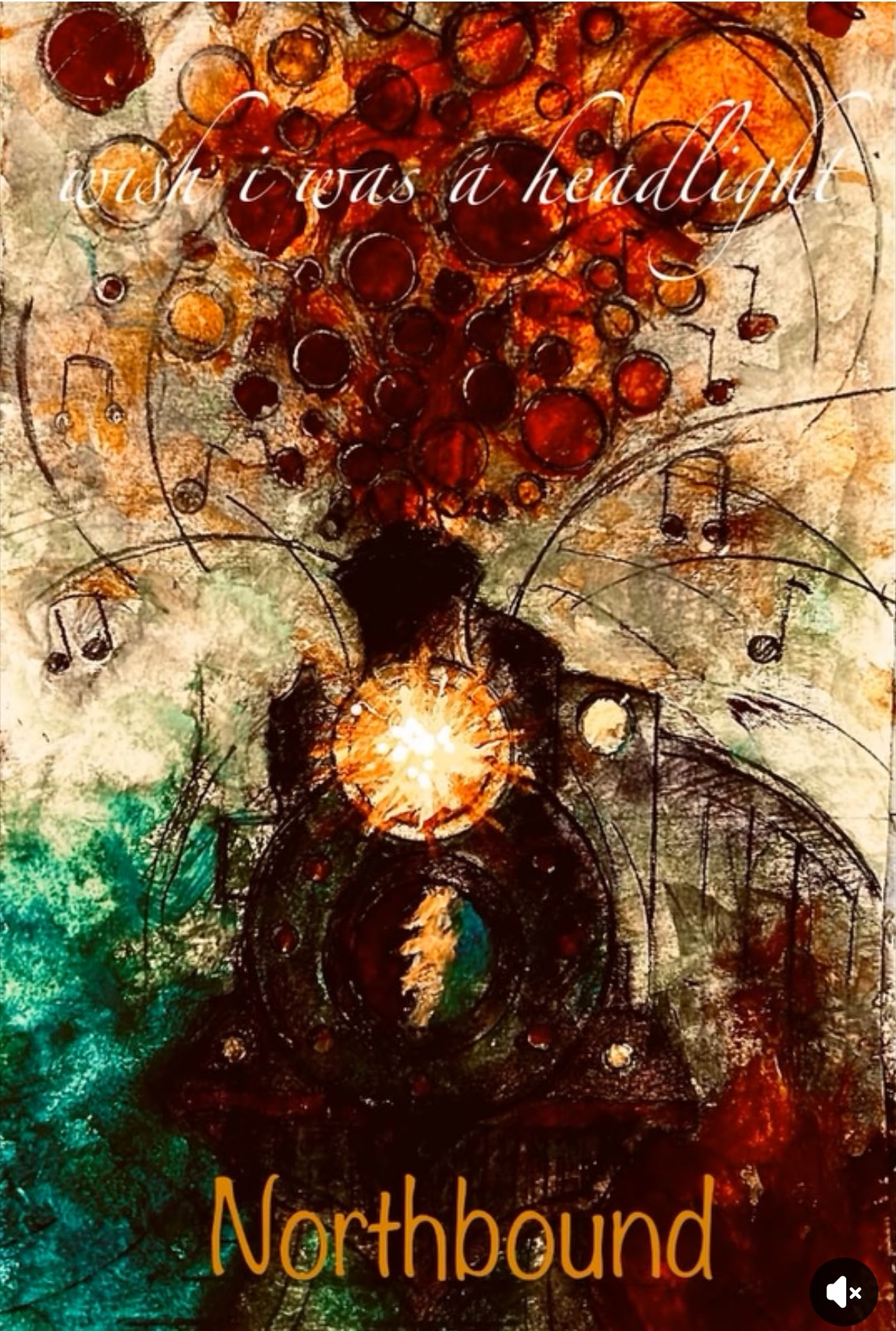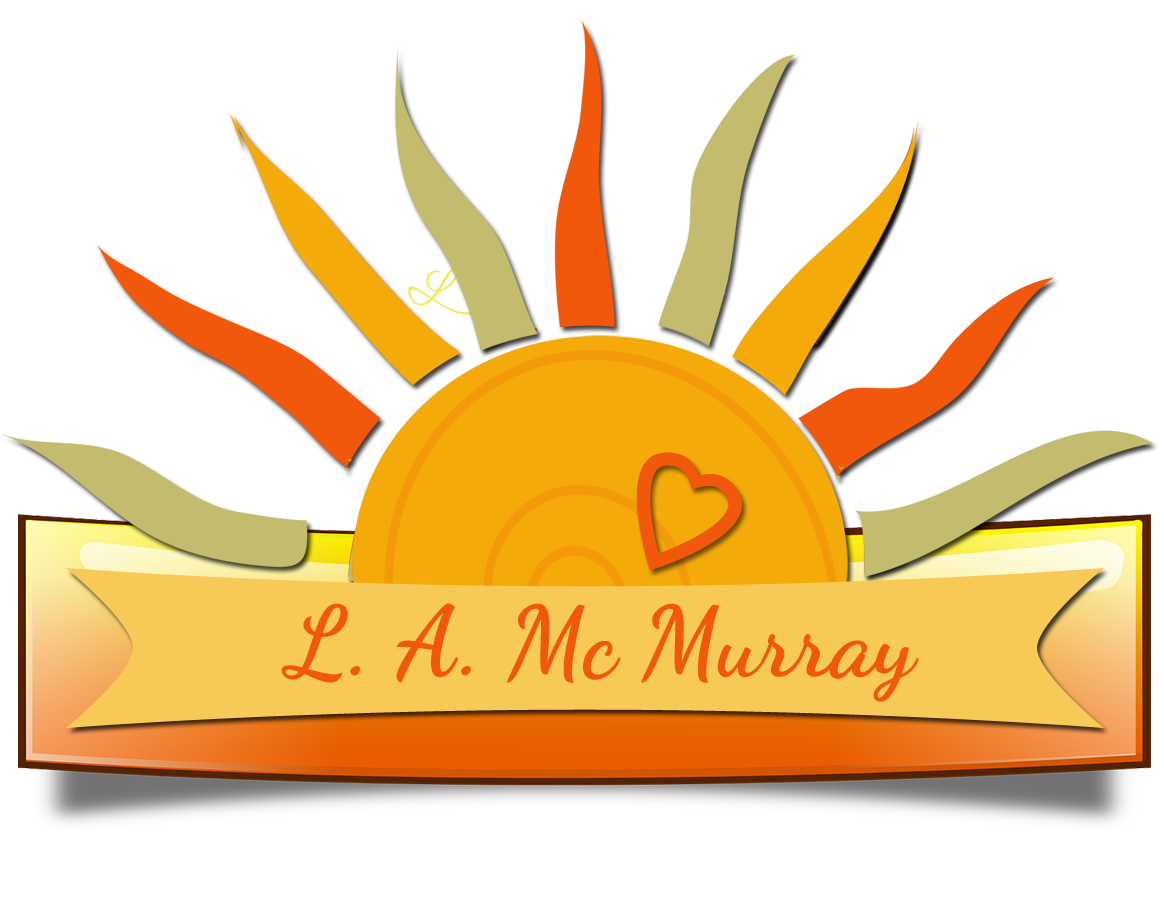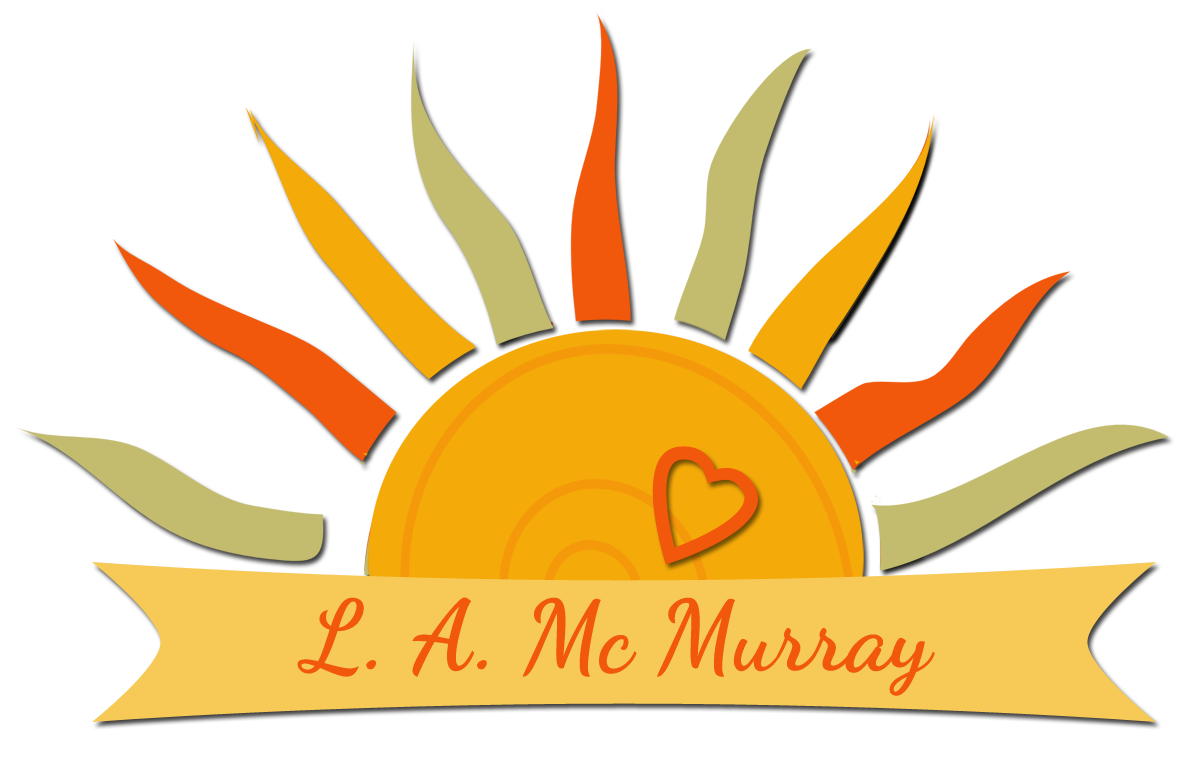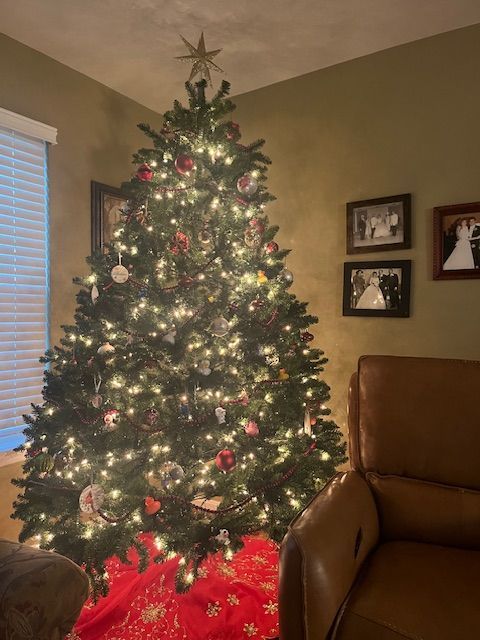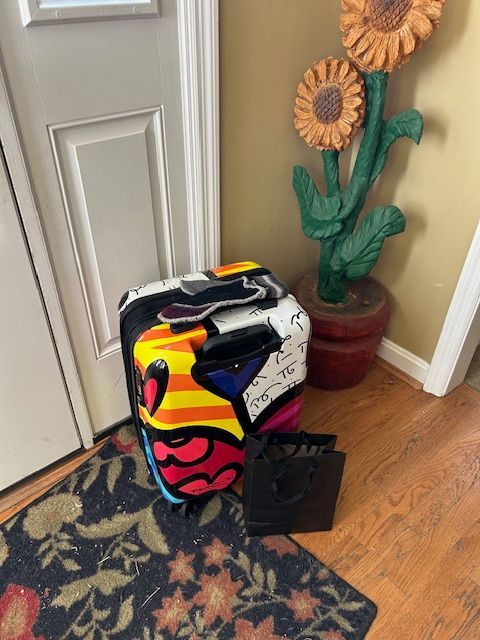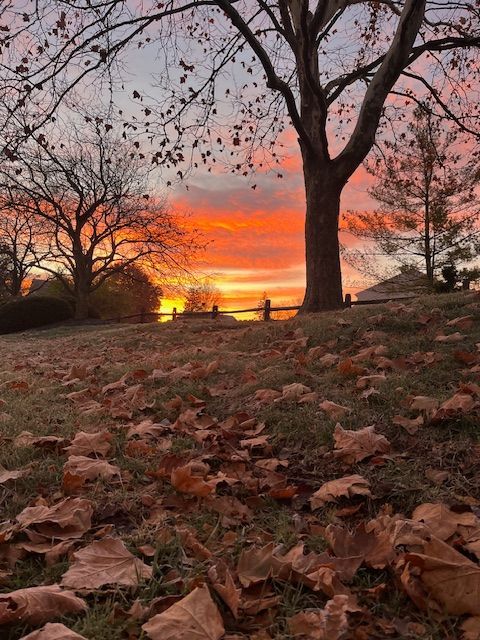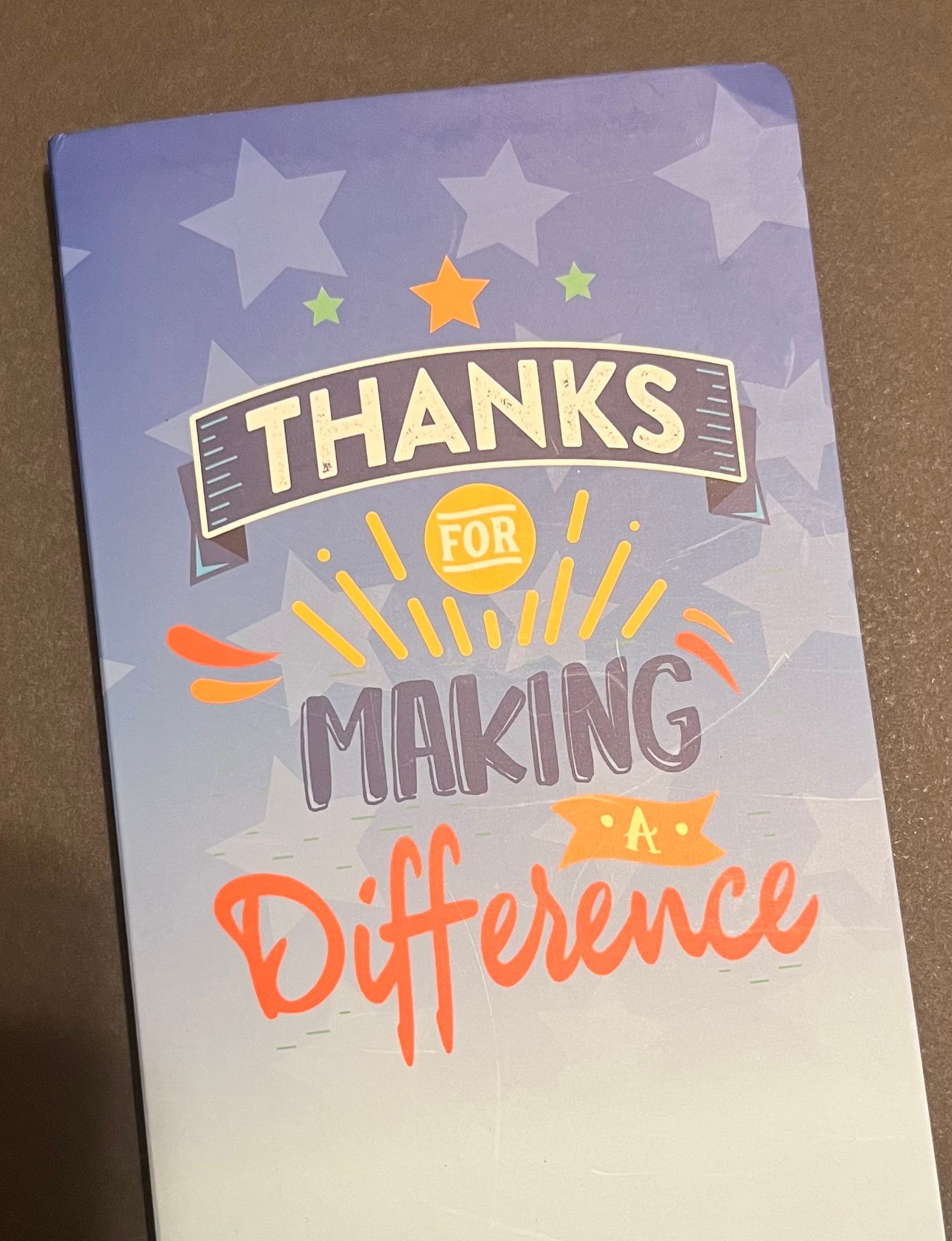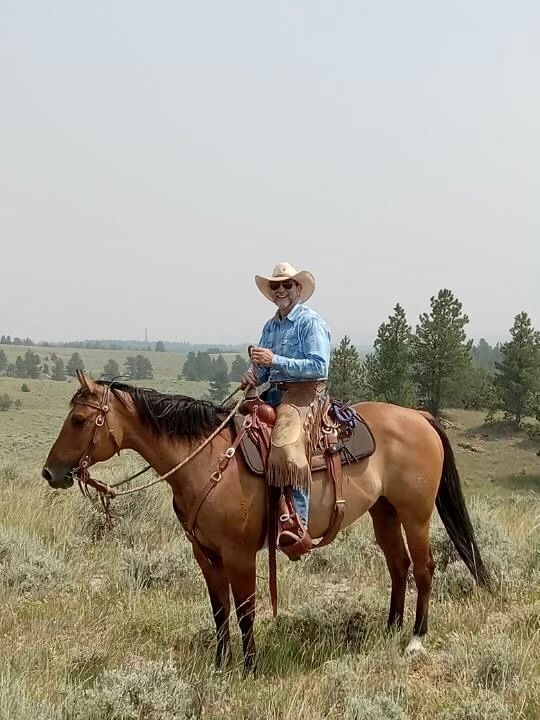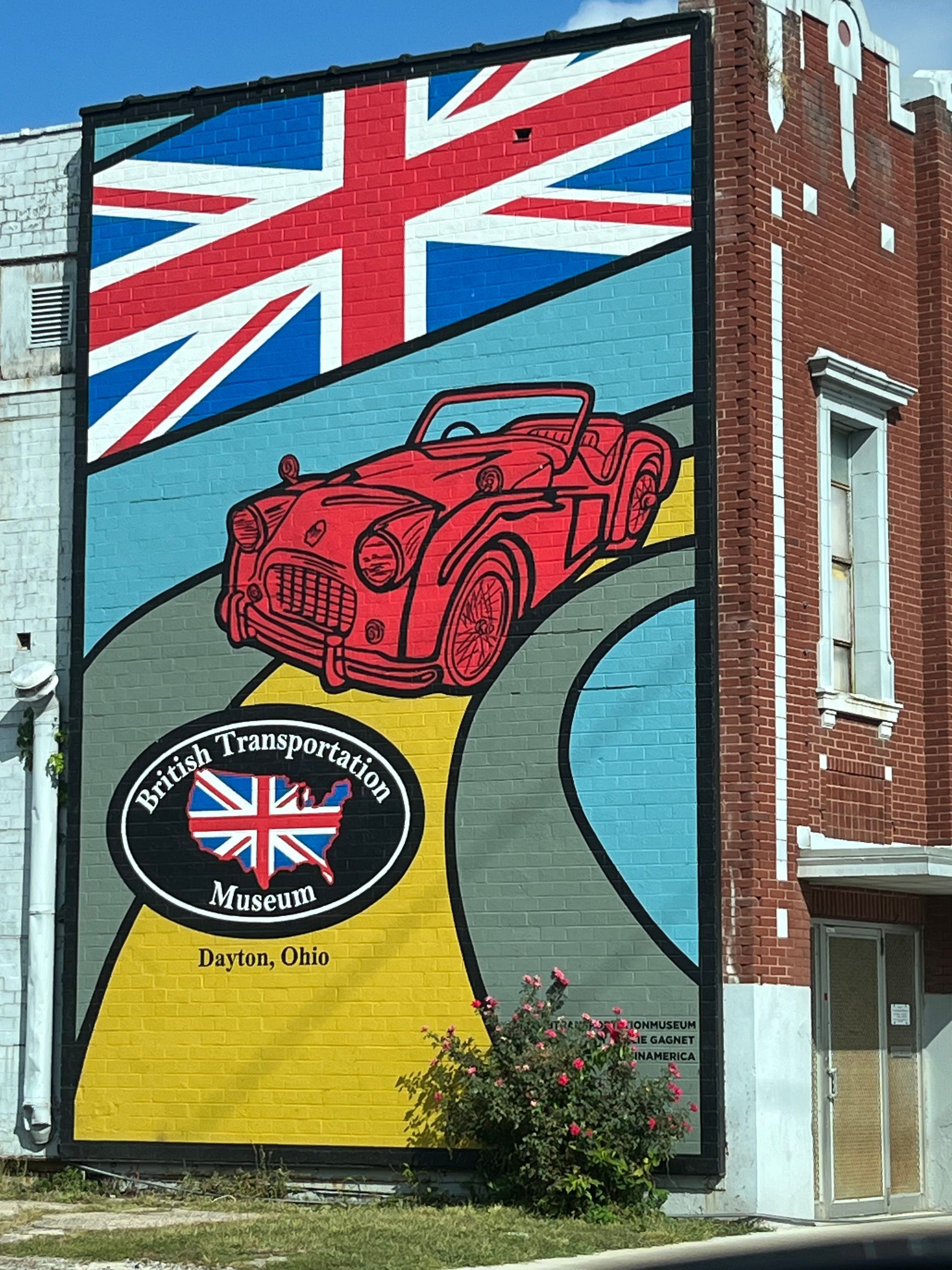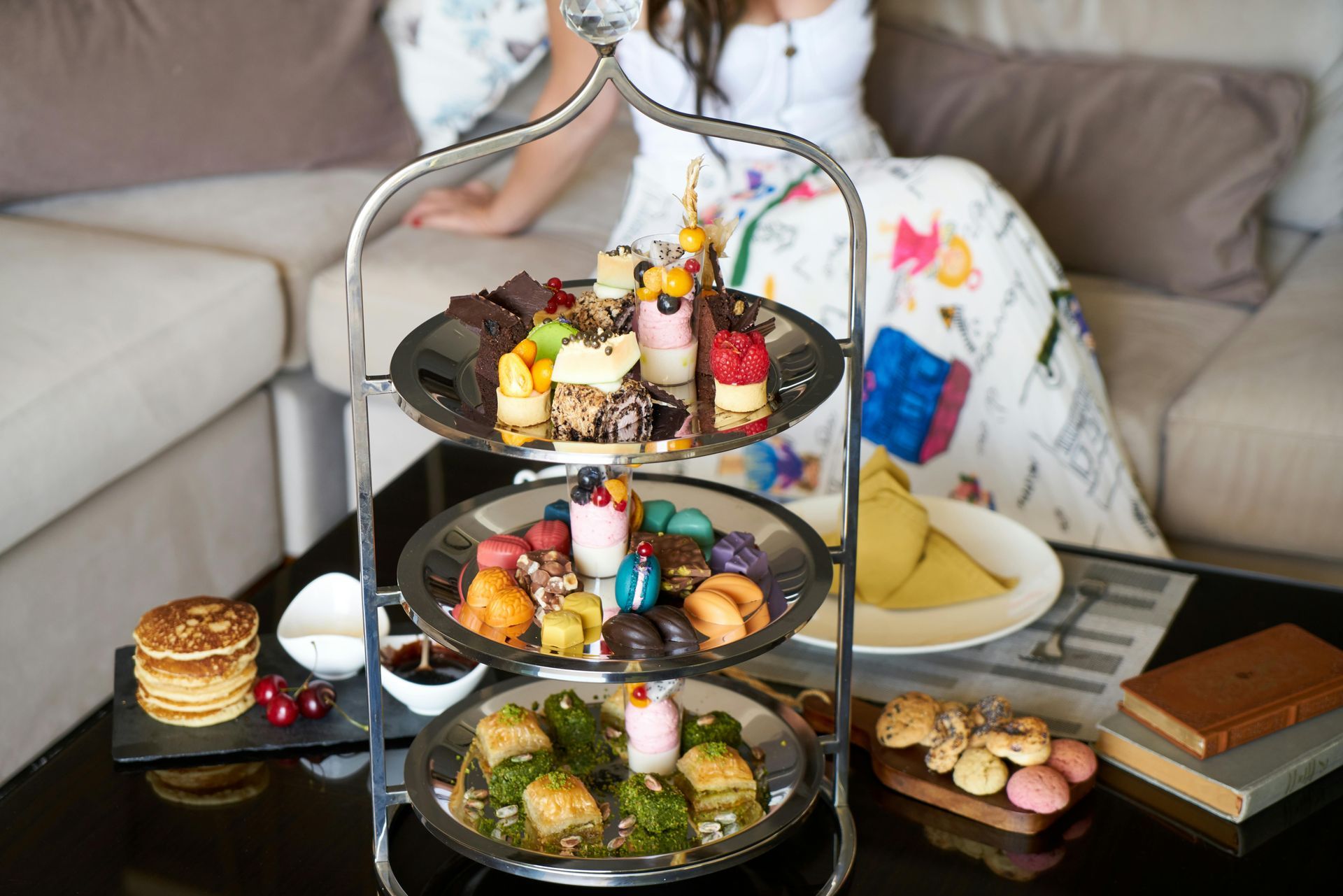How Celtic Ancestry Freed My Writing Voice
A Comforting Message

Three days after my father’s passing, I received a comforting message that my dad was, and
always will be, with me. Surprisingly, it was delivered by a hot-headed Irishman driving a Ford
Mustang in a murder mystery movie from 1968. Luck of the Irish? Indeed.
To begin with, my birthdate coincides with the Feast of St. Brigid, who is the only female patron
saint of Ireland, same level as Patrick and Columba. She is associated with creativity, extreme
generosity, and is also the patron saint of midwives. In addition, my great-great grandmother was
a midwife, who delivered her own son, unassisted, in a doorway. I had been pregnant with stories
for twenty years and after learning of my strong feminine ancestry, I gave birth to what felt like
an overdue child.
I knew Irish roots completed multiple branches of our family tree, yet with territorial changes
over the centuries, it was not clear if they were truly Irish or Scottish. But whatever I am, when I
honor the green, my stories fly like fairies.
The Gaelic flow did not happen at first, my recently published book, God is in the Odd, the
Ordinary, and Outside Church needed two decades to ferment. The manuscript flip-flopped from
a novel, then a screenplay, to first person memoir, then fiction based on fact, but it never found
its place.
The first version, a short story, offended my Catholic husband, which should have told me I was
onto something, but instead my conscience sequestered my thoughts, keeping them benign and
small. Also lingering in the back of my mind was the time when I was thirteen years old and
angered a priest when I questioned why women couldn’t be priests, bishops, or a pope. His
snarling look seared my memory bank for life, add to that my husband’s reaction, and the fact
that my mother was the church secretary, squelched my curiosity to challenge religious
traditions.
My obligation to write in a way so as not to get kicked out of the family, or ex-communicated
from the church, inhibited the truth. And yet, the more I wrote, the greater the inner conflict
divided my mind and soul. One wanted to shout furiously everything I believed to be wrong with
organized religion, while the other coated my words with sugar.
One year before my father passed, I left a job that nourished my soul for a corporate one that
crushed me to the core. It became a death by papercuts every minute of my work week. Then a
former colleague suggested, “You need to find something outside of your work that feeds your
spirit.” It was her advice that led me to discover Celtic culture, spirituality, and my authentic self.
I found social media groups, authors, and books that lifted the confinement of my narrow-
minded thinking and freed my writing to be what it was meant to be.
Once I connected with the Celts, I embraced the whimsical humor of their storytelling, along
with rhythm and musicality. I learned that prayer, meditation, communing with nature, caring for those in need, hospitality, art, and imagination are cornerstones of their spiritual practice.
Moreso, they believe the presence of the sacred is in all experiences. Every aspect of this culture
aligned with my inner voice and the story within my heart.
Typical Celtic personality traits include being emotional, possessing an active imagination, and
the gift of gab (which naturally includes storytelling). But also, a vivacious spirit, kindliness
toward frailties of others, personal charm, and wit. I’m all that and a bag of fish and chips. The
door flew wide open for me to cross a new threshold of freely expressing myself regardless of
how bizarre and odd the experiences were. My narrative voice flowed like whiskey at Tim
Finnegan’s wake.
On the occasion when my inner critic arose to tell me that my story was boring and no one cared
or that it really sucked, I reminded myself that I was writing for the four people I love more than
life itself, my children. Keeping them at the forefront gave me the confidence to kick that critic
to the curb.
Historically, women in the Celtic culture have been esteemed, holding leadership roles, including
as Bishops, priests, and in the military. Learning about how women were revered in most ancient
cultures and their stories of courage and steadfastness, empowered me to write with conviction
and vulnerability.
My current morning ritual includes walking outside to converse with my ancestors and ask how I
can honor them with my writing. Knowing they are only a breath away brings forth streams of
thought, details, and stories that strengthen my prose.
In my recent book, I share serious situations, including the death of my father, job loss, and a
house fire. Like most Irish songs, tragedy is alongside humor, and I discovered the twists of
humor in the dark moments were and continue to be more healing than medicine.
Embracing the Celtic belief that the sacred exists in everything frees me to find the story in
anything. Thinking with an expansive mindset broke the barrier of holding back for the sake of
others’ opinions. I believe my ancestors are honored when my writing makes people
uncomfortable, provokes thought and dialogue, includes humor, and leads to change.
